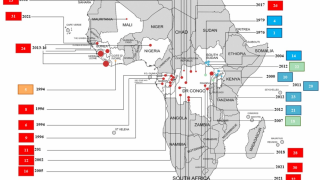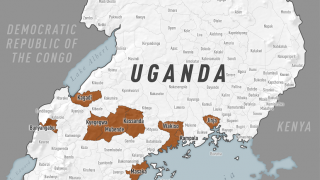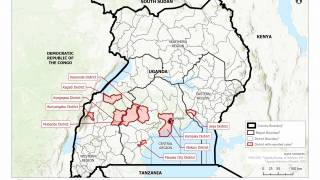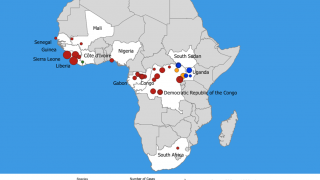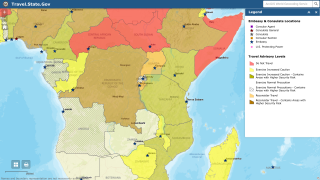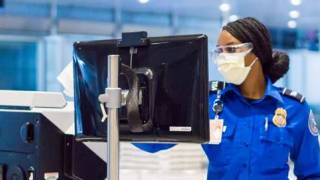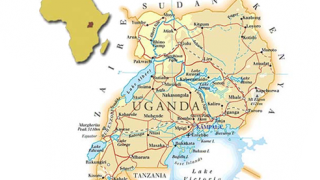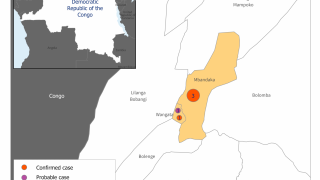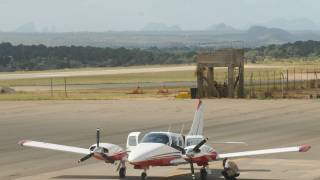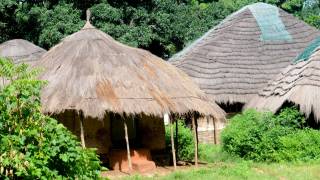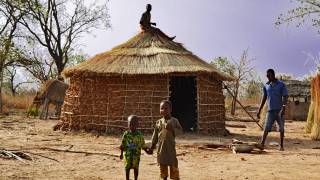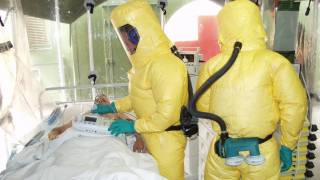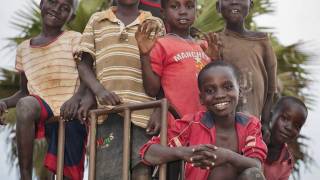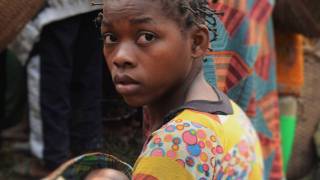Americans Can Benefit From Merck’s Ebola Vaccine
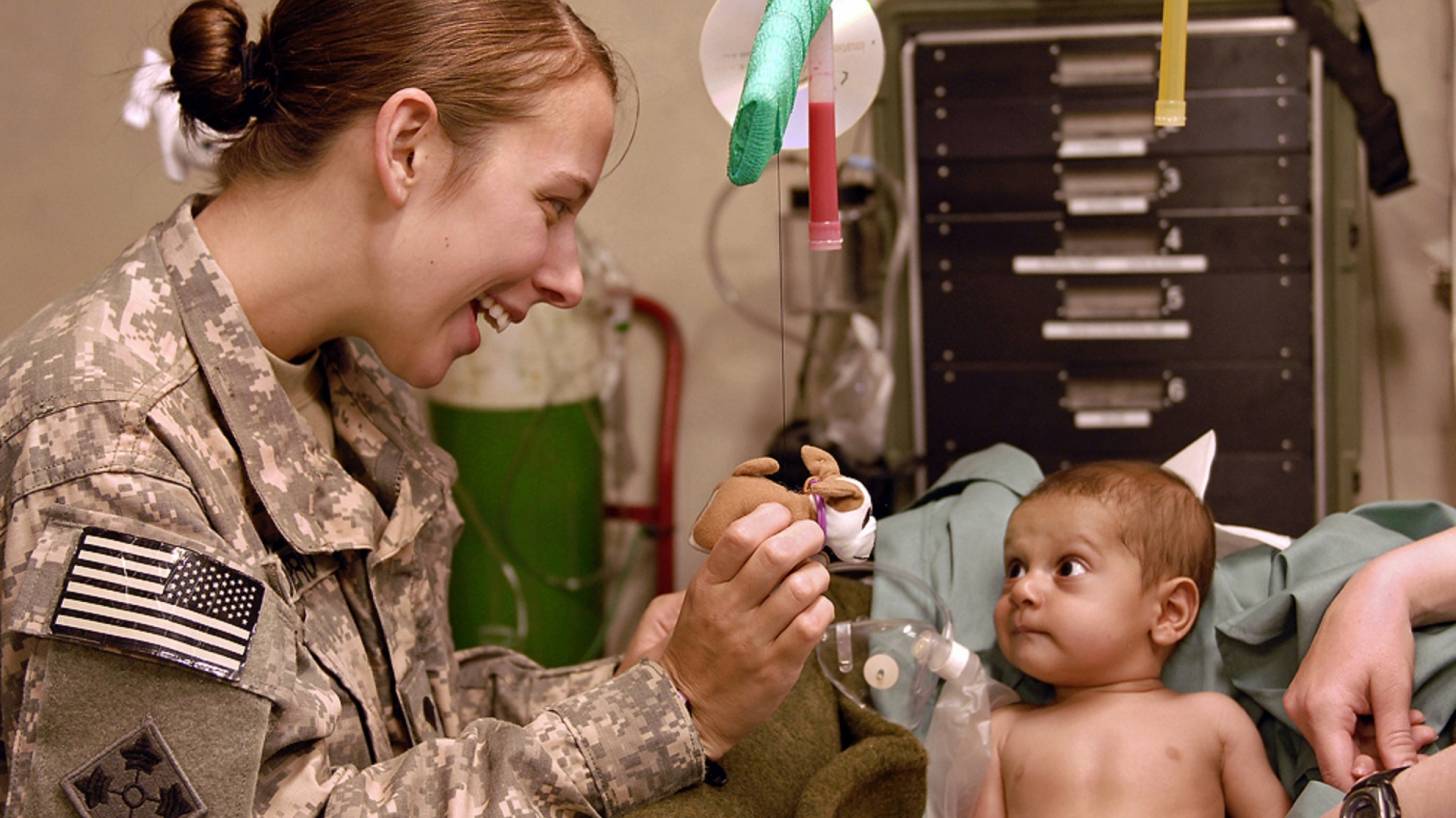
The US Centers for Disease Control and Prevention (CDC) published recommendations to ensure workers with potential occupational exposure to the Ebola Zaire virus in Africa are healthy when they return to the USA.
To achieve this goal, the Democratic Republic of Congo’s (DRC) Ministry of Health, the World Health Organization (WHO), and other partners are offering the v920 investigational Ebola vaccine to priority populations, such as frontline workers in Ebola response activities.
Merck's V920 (rVSVΔG-ZEBOV-GP) vaccine candidate has been deployed to over 111,000 individuals in the DRC since the Ebola outbreak began in August 2018.
If you choose to be vaccinated against Ebola, get the v920 vaccine before travel, if possible, says the CDC.
The v920 vaccine is under study by the National Institutes of Health (NIH) in an open-label clinical trial, entitled “Pre-Exposure Prophylaxis in Individuals at Potential Occupational Risk for Ebola Virus Exposure” or “PREPARE.”
The PREPARE study sites are located at the NIH in Bethesda, MD, and Emory University in Atlanta, GA.
The CDC says upon returning to the United States, you should notify your healthcare facility’s infection control or occupational health professional of your recent travel and self-monitoring activities.
Furthermore, the CDC says ‘travelers who may have been exposed to the Ebola Zaire virus or who become sick during or after travel, should postpone further travel and get immediate medical attention.’
Additionally, any person with possible exposure or Ebola-like symptoms will not be allowed to travel unless the travel is part of a coordinated medical evacuation.
And, every international traveler leaving the outbreak area may be subject to travel restrictions or monitoring by ministries of health in other countries and should check in advance for any requirements, says the CDC.
Ebola virus disease is a rare and deadly disease. It is spread by contact with blood or body fluids of a person infected with the Ebola virus. It is also spread by contact with contaminated objects or infected animals.
Ebola symptoms include fever, headache, joint and muscle aches, sore throat, and weakness, followed by diarrhea, vomiting, and stomach pain. Skin rash, red eyes, and internal and external bleeding may be seen in some patients.
Although the risk for contracting the Ebola Zaire virus is low for most travelers to DRC, other infectious disease risks remain high-risk, such as malaria.
The CDC says to get recommended vaccines before travel, take medicine to prevent malaria and avoid bug bites, and follow other precautions to stay healthy and safe, such as following food and water precautions.
And finally, the US Department of State has identified the DRC as a “Reconsider Travel” alert zone because of armed conflict.
Our Trust Standards: Medical Advisory Committee


